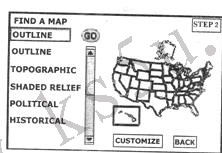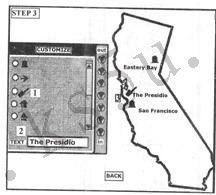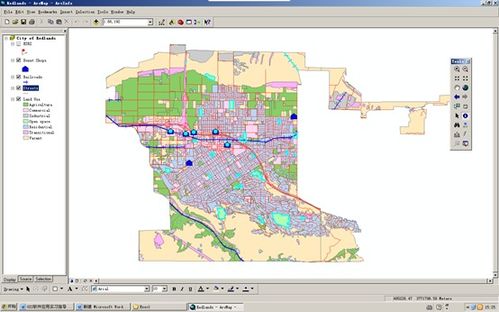Benton AR Zoning Map: A Comprehensive Guide
Are you considering moving to Benton, Arkansas, or are you looking to invest in property there? Understanding the zoning map is crucial for making informed decisions. This article will delve into the details of Benton’s zoning map, providing you with a comprehensive guide to its various zones and their characteristics.
Understanding Zoning in Benton, AR

Zoning is a regulatory mechanism used by local governments to control land use and development. It divides a city or town into different zones, each with specific regulations regarding building types, density, and land use. Benton’s zoning map is designed to ensure that the city grows in a way that is both sustainable and harmonious.
The Zoning Map

The Benton AR zoning map is divided into several zones, each with its own set of regulations. Here’s a breakdown of the main zones:
| Zone | Description |
|---|---|
| R-1 Residential | Single-family detached homes, minimum lot size requirements, and limited commercial use. |
| R-2 Residential | Multi-family dwellings, such as apartments and condominiums, with specific density requirements. |
| C-1 Commercial | General commercial use, including retail, office, and service establishments. |
| C-2 Commercial | Heavy commercial use, such as warehouses, manufacturing, and distribution centers. |
| I-1 Industrial | Light industrial use, such as research and development, and manufacturing with minimal impact on the environment. |
| I-2 Industrial | Heavy industrial use, such as chemical processing, and metal manufacturing, with strict environmental regulations. |
| P-1 Public | Public facilities, such as schools, parks, and government buildings. |
| P-2 Public | Special-purpose public facilities, such as hospitals and religious institutions. |
Regulations and Restrictions

Each zone has specific regulations and restrictions that property owners and developers must adhere to. Here are some key points to consider:
-
Building setbacks: The distance between the building and the property line. Different zones have different setback requirements.
-
Lot size: Minimum and maximum lot sizes are specified for each zone. This is particularly important for residential zones.
-
Height restrictions: Maximum building height is limited in some zones to maintain a consistent aesthetic and prevent overshadowing of neighboring properties.
-
Use restrictions: Certain zones may have restrictions on the types of businesses or activities allowed.
Benefits of Zoning
Proper zoning has several benefits for both residents and businesses:
-
Increased property values: Well-planned zoning can enhance property values by ensuring a harmonious and attractive environment.
-
Improved quality of life: Zoning helps maintain a balance between residential, commercial, and industrial uses, reducing noise and pollution.
-
Community development: Zoning encourages the development of essential services and amenities, such as schools, parks, and shopping centers.
How to Use the Zoning Map
When using the Benton AR zoning map, it’s essential to understand its layout and symbols. Here are some tips:
-
Identify the zone: Locate the property on the map and determine its zoning classification.
-
Review the regulations: Once you know the zone, consult the regulations to understand the specific requirements and restrictions.
-
Seek professional advice: If you’re planning to develop or purchase property, it’s advisable to consult with a zoning expert or attorney to ensure compliance with all regulations.
Conclusion
The Benton AR zoning map is a valuable tool for anyone interested





